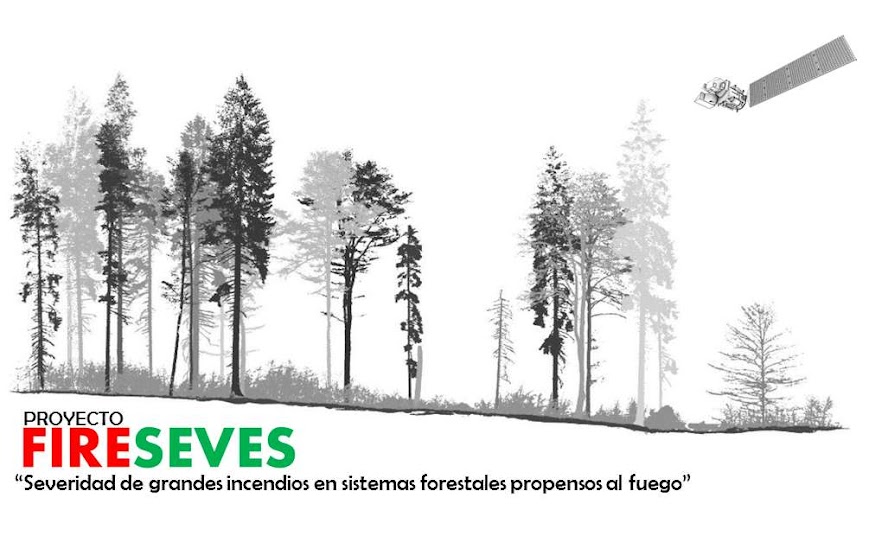TITLE OF THE PROJECT:
Severity of large forest fires in fire-prone systems: drivers, effects on the provision of ecosystem services and pre- post-fire management solutions
ACRONYM OF THE PROJECT:
FIRESEVES
SUMMARY OF THE PROJECT:
During the last decades, the forest systems of the Mediterranean Basin have suffered an increase in the occurrence, extent and severity of wildfires that is threatening their post-fire natural regeneration and their resilience to the next fire. This scenario has been exacerbated by the expansion of invasive alien species that are highly favoured by the post-burn conditions. Moreover, the altered resilience to fire of these forest systems under different environmental conditions endangers their ability to supply public goods and ecosystem services to society. Such changes in the post-fire response of these forest systems prone to wildfires are particularly critical when subjected to large fires that are an even more frequent phenomenon. This new situation constitutes an unsolved challenge to both pre-fire management (aimed at reducing the risk of fire and at mitigating the impact of fire) and post-fire management (aimed at restoring the burned areas as soon as possible). To address this major challenge along the Atlantic-Mediterranean climatic gradient, the project FIRESEVES integrates the multidisciplinary research groups of the Universities of León and Santiago de Compostela, that are highly experienced in the Fire Ecology research field. The project will spatially analyse the factors related to the habitat structure that determine the severity of large fires; and will also identify suitable severity indicators across different ecosystem compartments (vegetation and soil) and different levels of organisation, which will be highly transferable among forest systems along the studied environmental gradient. FIRESEVES will as well evaluate the ability of these forest systems to regenerate naturally after fire depending on the degree of fire severity; and will also identify suitable resilience indicators by assessing the changes in the structural and functional properties of the vegetation and soil compartments, taking into account the interactive effects of invasive alien species. Finally, the project will undertake the task of identifying and quantifying the provision of regulating and cultural ecosystem services supplied by the forest systems along the studied climatic gradient before fire; and then estimating their losses after fire and the time that will be necessary to restore their provision. To accomplish these aims, FIRESEVES will propose an interdisciplinary and multiscale approach, using new technologies for the laboratory analyses of vegetation and soil (metagenomics), and for the spatial data gathering through different remote sensing platforms (multispectral imagery of moderate -Landsat/Sentinel-, high -Deimos II/WorldView- and very high - RPAS (Remotely Piloted Aircraft Systems)- spatial resolution that will be validated in the field). The main expected results of the project will allow: (i) the establishment of a solid scientific basis to support the design of sound pre- and post-fire management strategies, and (ii) the design of effective technological tools that are easily applicable to the management of forest systems affected by large fires that are of great socio-economic relevance in Spain.
KEY WORDS OF THE PROJECT:
Large forest fires, indicators, severity, resilience, exotic species, ecosystem services, pre and post fire management
 |
